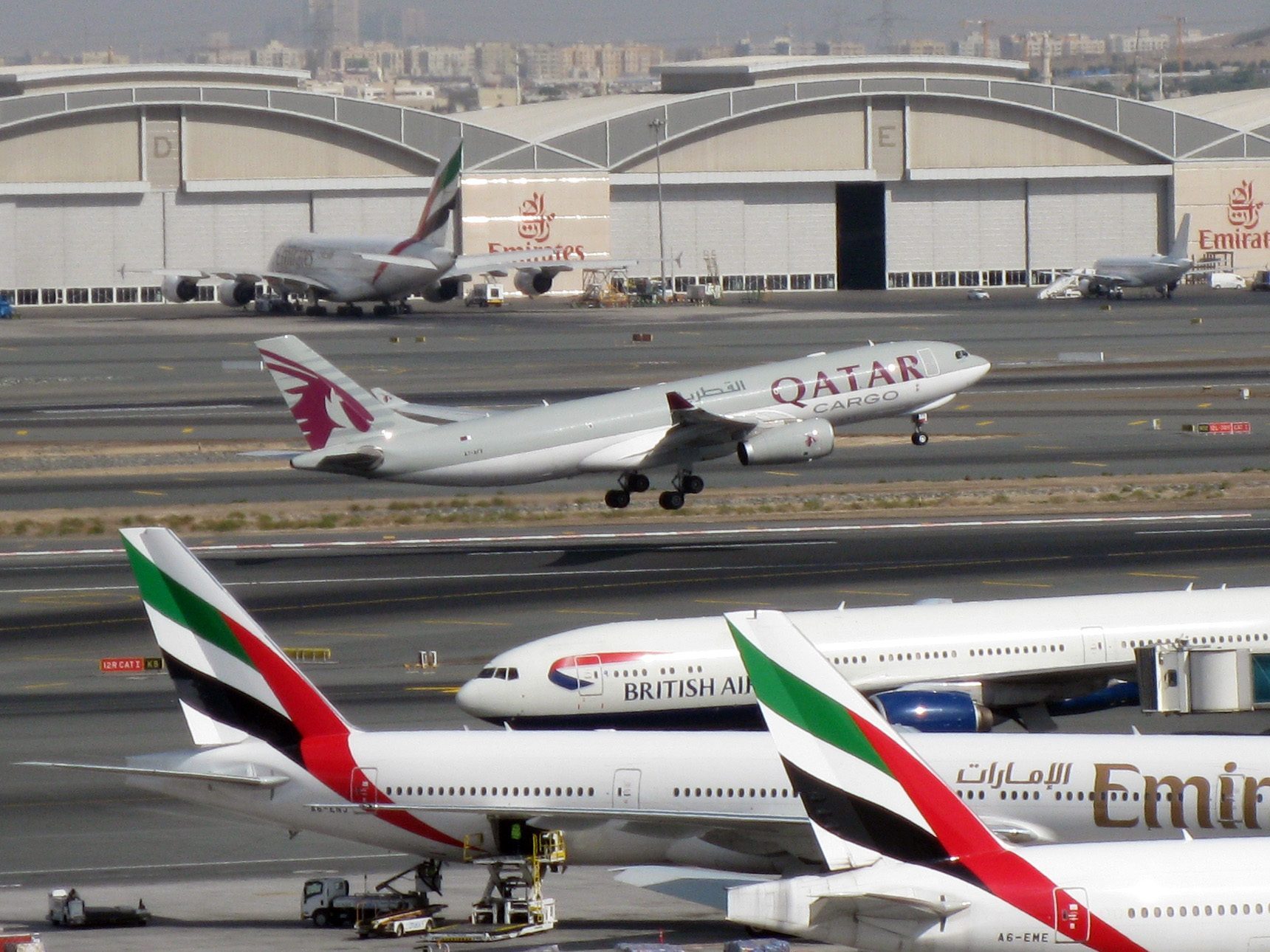The statement brings hope for residents in the GCC and Egypt, where many have been unable to travel between the feuding states for more than three years.
Measures concerning travel, transportation and trade between the Gulf and Qatar are to be resolved soon, UAE Minister of State for Foreign Affairs Anwar Gargash said on Thursday.
A number of “practical measures” will be resolved with Qatar “within a week”, the UAE official said, noting bilateral working groups between Doha and the quartet will be working on this matter, according to local news outlet The National.
“The UAE is behind this deal, positive about re-establishing relations with Qatar within the GCC context,” said Gargash. “We want to do this faster rather than slower.”
Qatar has yet to detail plans for the announced restoration of ties.
While specific details regarding the measures have not yet been disclosed, the Emirati diplomat said there is “a new chapter in relations” which will include economic collaborations and investments, as mentioned in the Al Ula declaration signed on Tuesday.
“There is an overall agreement on issues of security and stability,” he said.
Gargash also responded to questions on the presence of the Turkish military in the Gulf, saying Abu Dhabi’s position on the matter “is similar to our view of the Iranian presence in the Arab world”.
“We want to see Turkey as a partner to all and as a country that respects Arab sovereignty and Arab interests in general,” said Gargash. “We recognise that we have serious issues with Iran, but they need to be dealt with through de-escalation, through diplomacy and politics.”
Read also: Qatar says GCC reconciliation deal won’t impact Iran, Turkey ties
Prior to the release of his statements, Qatar’s foreign minister Sheikh Mohammed bin Abdulrahman Al-Thani said reconciliation would not affect his country’s alliance with Iran and Turkey, which was one of the initial points of discontent that triggered the blockade.
“Bilateral relationships are mainly driven by a sovereign decision of the country . . . [and] the national interest…so there is no effect on our relationship with any other country,” the Qatari official told The Financial Times.
On Tuesday, the GCC and Egypt signed the Al Ula declaration to mark the end of the crisis.
The declaration stipulated several collaborations, among them providing GCC citizens with the freedom of movement, investment, employment and equal opportunities in education and healthcare across the region.
“On the security and political front, there will be a variance of views, which has been the history of the GCC since 1981. I expect that on the common market front, on the investment front, there will be full winds blowing into that sail,” said Gargash.
Follow Doha News on Twitter, Instagram, Facebook and Youtube







